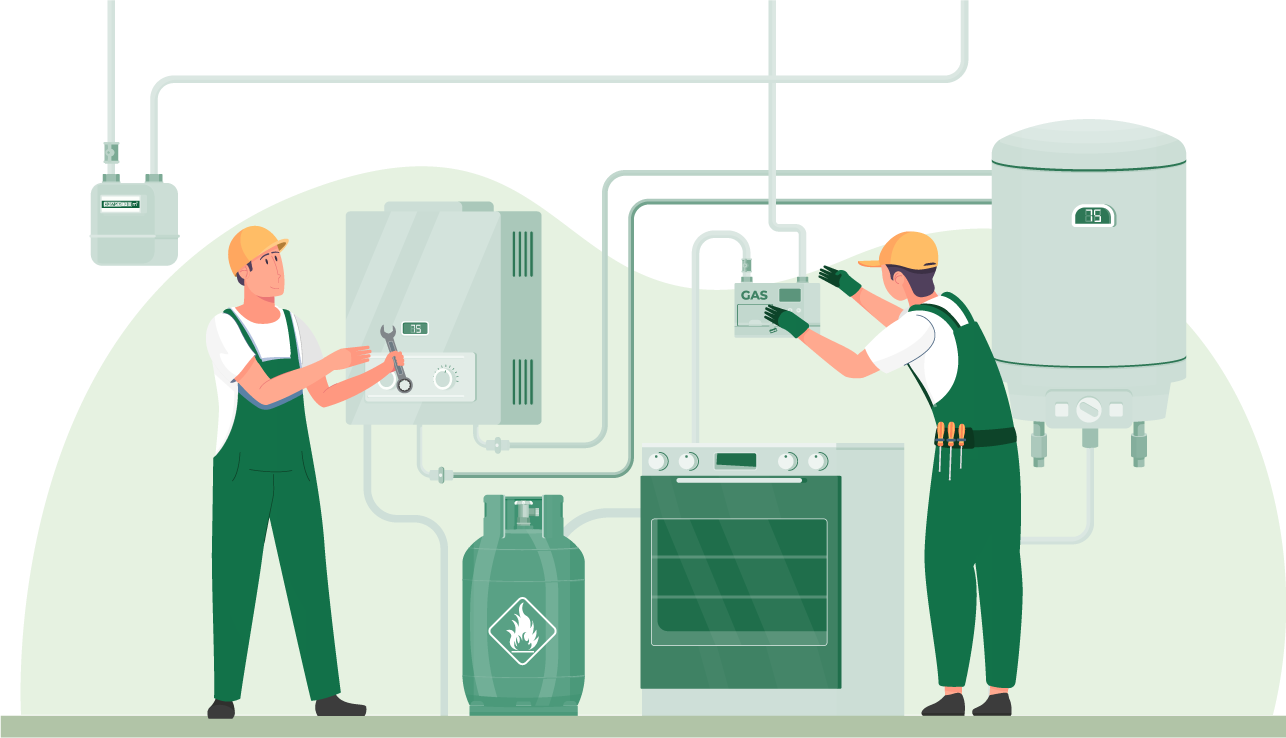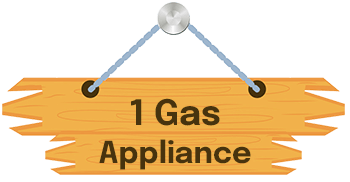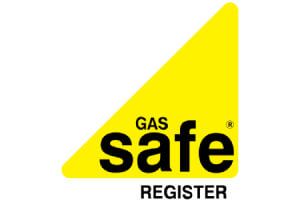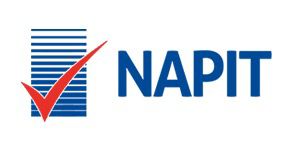Gas Safety Certificate: Meter Only £20*1 Gas Appliance £45*2 Gas Appliance £55*3 Gas Appliance £65*Gas with Boiler Service £74.99*
Gas Safety Certificate: Meter Only £20*1 Gas Appliance £45*2 Gas Appliance £55*3 Gas Appliance £65*Gas with Boiler Service £74.99*

Gas Safety Certificate in New Southgate North London
*£5 Parking Charges are applicable in case of paid parking.
*£15 Congestion Charge applicable in case the property is in congestion charge zone
If you’re a landlord in New Southgate, North London, you’re likely aware of the importance of securing a Gas Safety Certificate. This document isn’t just a formality; it’s your gateway to ensuring tenant safety and adhering to stringent legal standards. Annually, a Gas Safe registered engineer must inspect your property’s gas lines and appliances. What you might not know, however, are the nuances of selecting the right engineer or the potential pitfalls during the inspection process that could put you at risk of non-compliance. Let’s explore what really goes into maintaining compliance and how this affects both you and your tenants.
Inspection Process Explained (Gas Safety Certificate in New Southgate North London)
Understanding the gas safety inspection process is crucial for ensuring your property complies with legal standards. As a property owner, you must familiarize yourself with the inspection checklist that’s adhered to during the safety checks. This checklist is comprehensive, covering all aspects of gas appliance maintenance—crucial for preventing potential hazards.
The inspection begins with a thorough review of all gas appliances, piping systems, and flues. Each appliance is tested for safe operation, ensuring they’re correctly set up and functioning as intended. One key aspect of the checklist involves assessing the ventilation and exhaust paths to confirm that all byproducts of combustion, like carbon monoxide, are being safely expelled from the indoor environment.
Furthermore, the inspector will check for any signs of wear and tear that could impair the safe operation of the gas systems. This includes examining hoses, connectors, and seals for any damage or leaks. It’s essential that these components are in optimal condition to prevent gas leaks, which can pose serious risks.
To mitigate this risk, it’s essential to have CO detectors installed near all gas appliances and to test them regularly. Moreover, ensure that your appliances are correctly vented and that no blockages are impairing their function.
Each element of the inspection is documented meticulously, allowing you to have a detailed record of the appliance’s condition and compliance with safety regulations. This rigorous process ensures your property isn’t just compliant, but also secure for occupants.
Frequently asked questions.
A gas safety certificate, also known as a CP12, is valid for 12 months from the date of issue. After this point, a new certificate must be obtained in order to keep your property compliant with gas safety regulations. If your Gas Safety Certificate is expiring call us and book a gas safety certificate with ease of your home.
CO alarms are designed to detect the presence of carbon monoxide gas. This gas can be produced by faulty gas appliances. If there’s a CO leak, the alarm will sound to warn you.
carbon monoxide alarms are usually placed near potential sources of carbon monoxide. This could be near a gas boiler or cooker. The alarm will usually have a green light to show that it’s working. If the light turns red, it means that carbon monoxide has been detected and you should open a window and leave the property immediately.
In the UK, it’s not currently a legal requirement to have a carbon monoxide alarm. However, the government has said that it plans to make them mandatory in all homes with solid fuel burning appliances. This is because these appliances are a common source of carbon monoxide leaks.
If you’re worried about carbon monoxide in your home, you can buy an alarm from most hardware stores. It’s important to choose an alarm that’s been certified by a recognised body, such as the British Standards Institution (BSI).
You should also make sure that you know what to do if your carbon monoxide alarm sounds. You should open a window and leave the property immediately.
You should then call the gas safe engineer to come and check your appliances. All Our Engineers are gas safe registered call us now for emergency call out.
A tightness test on gas appliances is a safety measure to ensure that the appliance is not leaking gas. The test is performed by one of our qualified gas safe engineer and involves attaching a special gauge to the appliance checking the pressure. If the appliance passes the tightness test, a gas safety certificate be issued.
It is important to have a tightness test performed on any gas appliance in your home, as even a small gas leak can be dangerous. If you suspect that there may be a gas leak in your home, you should contact Landlord Certificate London Gas Safe Engineer immediately to have the problem fixed.
A gas safety inspection can take anywhere from a few minutes to a couple of hours. It all depends on the size and complexity of the property, as well as how many appliances need to be checked. However, most inspections can be completed within an hour or so.
*£5 Parking Charges are applicable in case of paid parking.
*£15 Congestion Charge applicable in case the property is in congestion charge zone
*£5 Parking Charges are applicable in case of paid parking.
*£15 Congestion Charge applicable in case the property is in congestion charge zone















